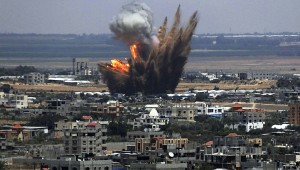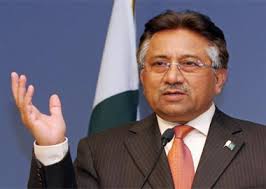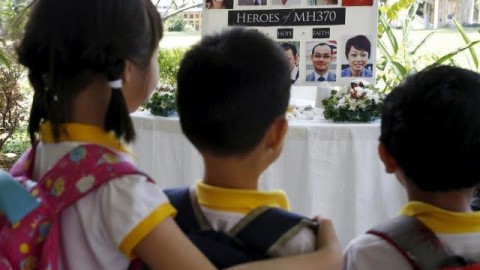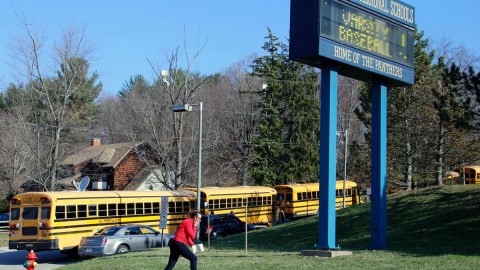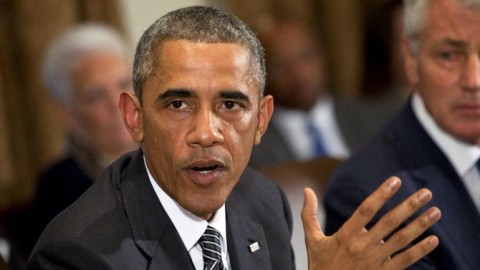It’s over a month now and yet the Israel-Gaza conflict hasn’t ended. Over 1,000 people have been killed, several have been injured and other local residents are living under tremendous fear. As the ceasefire between Gaza and Israel ended, fear returned, restoring in same intensity as before. As rocket land on ground, locality is shattered, smoke and dust engulfs the area and cries and screams reverberate in the atmosphere.
Destroyed localities, debris of buildings, smashed cars and corpses increase the intensity of horror in Gaza. This war has now taken a catastrophic turn and several lives are at stake. Young children, working class and the aged – all are living under utmost distress and fright in the war torn Israel and Gaza.
Rockets fired from Hamas reaches Israel, some of which are intercepted while the others cause devastation. During a fire mock drill when an alarm siren goes on, we humans tend to get Goosebumps. But for residents in Israel, rocket sirens have become a common thing now. Every time, a rocket siren goes on, people rush to save their lives. But for how long is this war going to prevail. For how long will people be forced to live under such fearful situations?
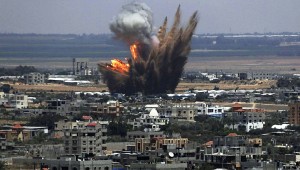 On Saturday, reuters reported that Israel entered a humanitarian ceasefire in the Gaza strip for another 24 hours but Hamas which dominates the coastal enclaive, said it would only accept the truce if Israeli troops left the territory. Previously, Hamas militant group had rejected a ceasefire proposal that was put forth by Egypt. Both, Israel as well as Hamas had enough of instances where they could bring this war to an end.
On Saturday, reuters reported that Israel entered a humanitarian ceasefire in the Gaza strip for another 24 hours but Hamas which dominates the coastal enclaive, said it would only accept the truce if Israeli troops left the territory. Previously, Hamas militant group had rejected a ceasefire proposal that was put forth by Egypt. Both, Israel as well as Hamas had enough of instances where they could bring this war to an end.
The Security Council has again held an emergency meeting and called for an “immediate and unconditional ceasefire. According to a U.N News Center report, in a presidential statement, the 15-member body expressed strong support for the call by international partners and Secretary-GeneralBan Ki-moon for such a ceasefire, and urged all parties to accept and fully implement it into the Eid period marking the end of the Muslim fasting month of Ramadan and beyond.
Secretary General Ban Ki-Moon too has welcomed the Security Council’s strong support for his calls for a humanitarian ceasefire.
The Secretary-General called on the parties to renew a humanitarian pause in Gaza and reiterated his demand for a durable ceasefire that could set the ground for the start of comprehensive negotiations. In this connection, he welcomed the Security Council’s strong support in its Presidential Statement for his call for a humanitarian ceasefire.
Following a largely observed 12-hour humanitarian pause on 26 July, the Secretary-General called on all parties to prolong the suspension of the 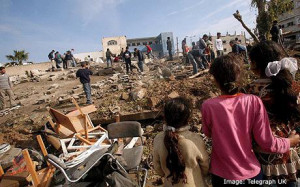 fighting for an additional extendable period of 24 hours to allow vital humanitarian efforts to continue, including relief operations. “The parties have expressed serious interest in this request but have not yet agreed on the timing of its implementation. As people around the world mark Eid al-Fitr, the end of the holy month of Ramadan and a time for overcoming differences, the Secretary-General calls on parties to build on the current calm.With hundreds of Palestinians already killed in Gaza and horrifying levels of physical destruction, he urges those responsible to step back from provoking or inflicting yet more tragic violence on civilians there,” a statement from the UN Secretary General’s spokesperson said.
fighting for an additional extendable period of 24 hours to allow vital humanitarian efforts to continue, including relief operations. “The parties have expressed serious interest in this request but have not yet agreed on the timing of its implementation. As people around the world mark Eid al-Fitr, the end of the holy month of Ramadan and a time for overcoming differences, the Secretary-General calls on parties to build on the current calm.With hundreds of Palestinians already killed in Gaza and horrifying levels of physical destruction, he urges those responsible to step back from provoking or inflicting yet more tragic violence on civilians there,” a statement from the UN Secretary General’s spokesperson said.
An Al Jazeera report said that experts warn of catastrophic consequences on power, water and medical facilities struggle to cope under bombing.
Eshkol and Gaza city were hit by a rocket that shattered a hospitals terrain and a park which was close to the hospital. Israel has denied that its forces carried out this attack. Israel has said that this attack was a result of the rocket missiles fired by the Hamas terrorists.
Tags: Gaza Gaza conflict Israel Israel-Gaza war Palestine
